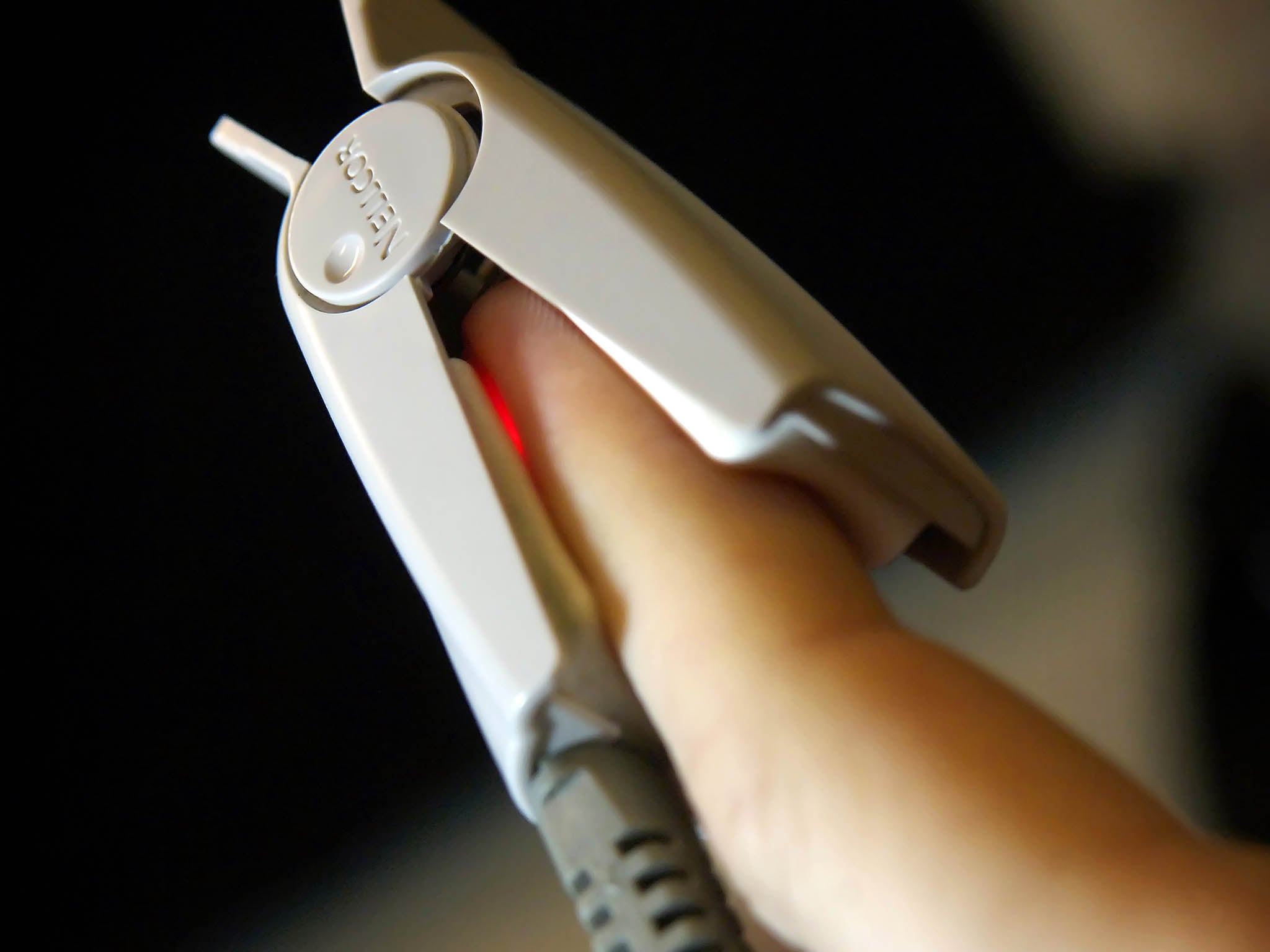The speed of your resting heart rate could determine whether you will die in the next 20 years
A healthy resting heart beat is between 60 and 100 beats per minute

Your support helps us to tell the story
From reproductive rights to climate change to Big Tech, The Independent is on the ground when the story is developing. Whether it's investigating the financials of Elon Musk's pro-Trump PAC or producing our latest documentary, 'The A Word', which shines a light on the American women fighting for reproductive rights, we know how important it is to parse out the facts from the messaging.
At such a critical moment in US history, we need reporters on the ground. Your donation allows us to keep sending journalists to speak to both sides of the story.
The Independent is trusted by Americans across the entire political spectrum. And unlike many other quality news outlets, we choose not to lock Americans out of our reporting and analysis with paywalls. We believe quality journalism should be available to everyone, paid for by those who can afford it.
Your support makes all the difference.Scientists have found a way to find out if you’re likely to die in the near future, according to a new study.
The amount of beats your heart makes per minute when you are resting can predict the likelihood of dying prematurely, according to research published in the Canadian Medical Association Journal - and if your heart beats 10 times more every minute while resting, then you are nine per cent more likely to suffer an early death.
Generally, a healthy heartbeat whilst resting is between 60 and 100 beats per minute (bpm).
The lower the heart resting heart rate, the more effectively the heart works. The hearts of professional athletes beat at roughly 40 bpm while resting.
Doctors have known this for some time, but this is the first research of its kind to link the onset of an early death to resting heart rates.
The study shows that if the resting heart rate is more than 80 bpm, you are 45 per cent more likely to die within the next 20 years.
People whose resting heart rate was between 60 and 80 bpm only had a 21 per cent chance of dying prematurely.
Those whose resting heart rate was over 90 bmp were almost double as likely to die an early death.
When the heart beats over 90 or 100 bmp, it is considered an abnormally fast heart rate and is known as tachycardia.
This higher risk of an earlier death affects everyone with a higher resting heart rate, not just people who already suffer with heart problems, according to the research.
But the results showed that the risk of death from cardiovascular problems also increased by eight per cent with every 10 bmp in the resting heart rate.
The research was carried out by the Medical College of Quingdao University, in Shandong, China.
Data from 46 previous medical studied, involving 1.2 million people was used for the study.
Researchers looked at 78,349 deaths from all causes and 25,800 who died from heart disease.
Lead researcher, Dr Dongfeng Zhang said: “There is no doubt that elevated resting heart rate serves as a marker of poor health status.
“Our results highlight that people should pay more attention to their resting heart rate for their health, and also indicate the potential important of physical activity to lower resting heart rate.
“The association of resting hear rate with risk of all-cause and cardiovascular mortality is independent of traditional risk factors of cardiovascular disease, suggesting that resting heart rate is a predictor of mortality in the general population”.
In order to get the most accurate perception of your resting heart rate, the authors of the research suggest recording your heart rate at night time, when you are more likely to be relaxed.
Join our commenting forum
Join thought-provoking conversations, follow other Independent readers and see their replies
Comments